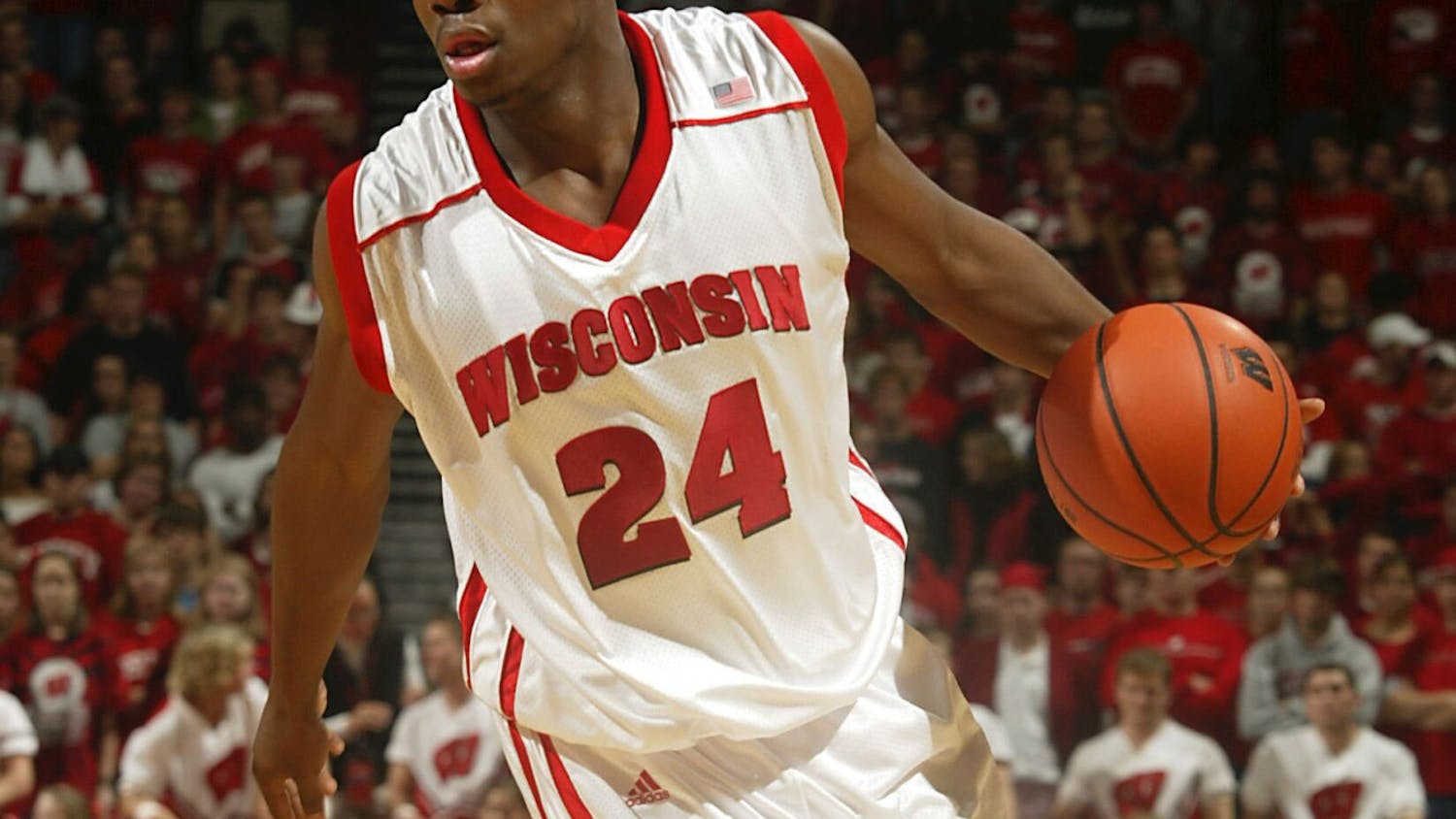Last Sunday on \Meet the Press,"" Ralph Nader announced his intent to enter the presidential race. He is doing this against the advice of his friends, former supporters, The Nation magazine, a number of progressive Democrats and the staff opinion page of this newspaper. But Nader is making the right decision in running for president of the United States.
No Madisonian needs to be reminded of this man's impeccable reputation as a consumer safety advocate. In 1965, he wrote the groundbreaking book ""Unsafe at Any Speed: The Designed-In Dangers of the American Automobile,"" in which he exposed the automobile industry's calculated neglect of safety despite 1.5 million auto injuries a year. Nader's hard work single-handedly spurred an entire industry to drastically change the way it manufactures cars and began a consumer revolution.
As a result of the money he won from the settlement, he started a number of organizations to fight for environmental, safety, health and trade regulations. According to his supporters, Nader's activism has played a significant role in saving the lives of millions Americans. His latest crusades have involved fighting against corporate welfare, unfair trade agreements and environmental degradation.
Nader's stated goal is to galvanize a ""vibrant, active, participatory democracy."" A huge problem afflicting our democracy is the dismal voter turnout for elections. The fact is that a majority of American citizens do not feel that either major party deserves their support or attention. Both parties have created a system to block third parties from competing. The Republicans and Democrats' gerrymandering has ensured that more than 90 percent of incumbent congressmen retain their seats.
It is nearly impossible for third parties to have a voice in debates, get funding for campaigns or establish themselves outside the two-party duopoly. Why deny the voice of a candidate whose views better reflect the students' opinions than either of the Democrats?
There is no doubt that John Edwards and John Kerry are simply playing a game in these primaries. They are pretending to support positions they do not stand for. Both voted for the Patriot Act and the resolution to invade Iraq, despite regularly denouncing them. Both are much more concerned with gaining power and preaching populism than legitimately endorsing progressive positions.
Kerry and Edwards have been extremely critical of Bush's foreign policy but do not offer any significant alternatives. Edwards goes so far as wanting to ""maintain the world's best military"" and ""win the war on terrorism."" Did he steal this agenda from the Republican handbook?
And neither candidate has proposed unilaterally withdrawing from Iraq and immediately handing over authority to the United Nations. On the Kerry Web site, when clicking on ""specific timetable for transferring political power,"" there is no time table and no information about when troops would start to come home.
Furthermore, neither candidate endorses repealing the entire Bush tax cut. Instead, they only wish to repeal a small portion of the tax cut, on those Americans making more than $200,000 a year.
Finally, neither Edwards nor Kerry endorses marriage for gay couples. Spokesman David Wade states Kerry's position: ""John Kerry favors civil unions, not gay marriage. It's that simple."" The differences between the parties get hazy when examining the details-precisely why Nader is running again.
Nader has received undeserved abuse from Democrats across the board for possibly tipping the election to Bush in Florida. But Nader rightly points out that Libertarians, Pat Buchanan and the Socialist Workers Party all received thousands of votes in Florida. Therefore, any of the third-party candidates' votes could have tipped the election either way.
The New York Times demonstrated incredible chutzpah by suggesting that the ""most regrettable thing about Mr. Nader's new candidacy ...[is] how it will affect Mr. Nader's own legacy."" Would the Times rather have Nader be remembered as the man who fought for what he believed in his entire life, until the last decade, when he decided to be dictated by the Democratic corporate paymaster minions?
This term, ""corporate paymaster minions"" is the term Nader used to describe the establishment Democrats in his interview. He explains how the ""liberal intelligentsia"" have ""let their party run away from them ... and become captive to corporate interests.""
Nader supports stopping corporate welfare, ending poverty, improving the environment and negotiating fair-trade agreements. The Democrats have moved to the left for the primaries, but they will move way to the right during the election and in office. Denying a voice to Ralph Nader in this election is, in Nader's words, a ""contemptuous statement against democracy, against freedom.""





